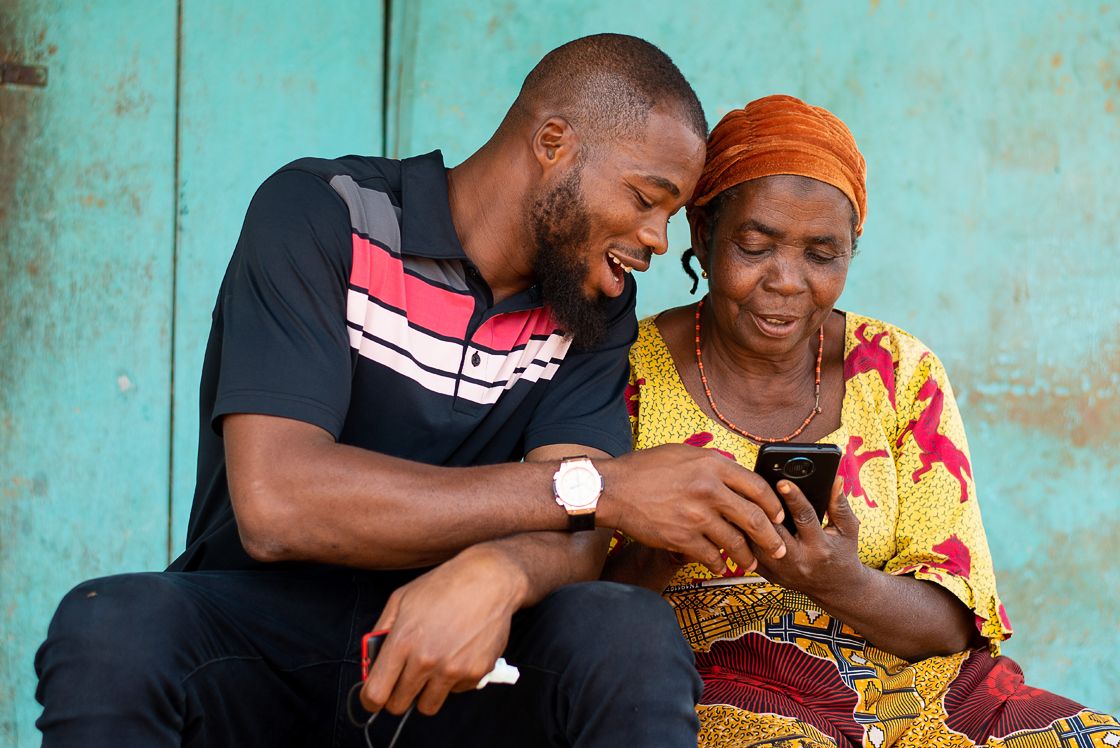A recent South Africa pilot study of nearly 10,000 participants shed light on the roles of two common mHealth methods’ efficacy – SMS (or standard text messaging) and Interactive Voice Response (IVR) calls – in relation to HIV self-testing.
To conduct this research, RHI partnered with Viamo to use our digital solutions to deliver IVR calls and surveys, as well as SMS messaging.
Men, adolescent girls and young women in South Africa have been harder to reach with traditional HIV testing, in spite of wide access to testing and treatment. As a result, the South African National Department of Health allowed for the use of HIV self-tests (HIVSTs).
These allow an individual to collect their own blood or saliva sample, use a rapid diagnostic test, and interpret the result themselves.
But the results then needed to be gathered. And of the 26% of participants who responded to any question, 78% reported their results.
Does the ‘Message’ Matter?
A previous Ugandan study stressed that mHealth was effective in monitoring HIV-positive youth. This following HIV self-test study aimed to further explore the benefits of mobile phones and HIV healthcare.
The HIV self-test study revealed that the use of self-reporting HIV results via IVR calls fostered a higher response rate, suggesting that automated, consistent follow-ups can encourage participants to share their results.
But this wasn’t the case with SMS messages.
Surprisingly, the study didn’t bolster self-reporting via SMS, despite being proven to be successful in prior studies. This underlined the complexity of cultural context and individual interactions with different mHealth communications methods.
Examining the nuanced HIV status in South Africa, the study found that many participants were reluctant to engage with text messages. This may have been because the messages came from unknown numbers, and there wasn’t a clear understanding if responding would cost participants anything. Or perhaps a friendly voice call was more receptive to those going through the anxiety of an HIVST.
Looking Ahead: The mHealth Revolution
This study reveals a clear message: mHealth systems hold the potential to revolutionize healthcare. Even the simplest of mobile phones can serve as a powerful conduit for communication and information in healthcare.
Despite these hurdles, the study cast HIVST in a positive light, establishing it as a promising tool for HIV care. It has its flaws, like potential bias in self-reporting of results, but it also provides valuable estimates of incidence and the intent to link to care.
The journey of mHealth in HIVST is only just beginning. The lessons we’ve learned will guide its future development, and hopefully, lead to improved patient outcomes.
Read more about the study here, published in the National Institutes of Health’s National Center for Biotechnology Information.




